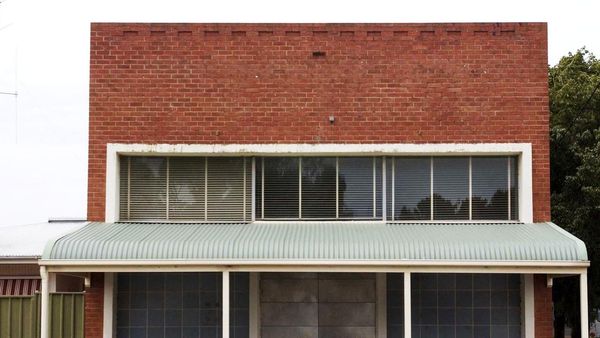
Many retirees depend on their Social Security benefits to make ends meet, but not everyone uses those monthly checks the same way.
“Most new retirees will see about $2,000 a month hit their bank account after the 2025 cost-of-living bump,” said DeeDee Baze, financial planner, enrolled agent and managing partner at DeMar Consulting Group. For some, they may need all of it to cover everyday expenses. Others see it as a chance to save (or invest) in the future.
Read More: 3 Little-Known Social Security Rules That Could Save You Thousands
Check Out: Warren Buffett: 10 Things Poor People Waste Money On
To help you sort through your options, Baze shared her advice on making the most of your Social Security in retirement.
The Essentials Test
Do basic bills still need help? According to AARP, an estimated 12% of men and 15% of women need nearly all the cash they receive from Social Security to cover basic necessities.
“Social Security is a paycheck that lasts as long as you do and rises with inflation,” Baze explained. “If groceries, housing, insurance or medicine are not fully covered yet, spend the check, that’s what it’s for.”
Be Aware: 8 Common Mistakes Retirees Make With Their Social Security Checks
The Liquidity Test
Do you have enough cash for emergencies?
“Liquidity just means money you can reach instantly, like a savings or checking account,” Baze said. She recommended keeping three to six months’ worth of living costs in that account to pay for roof leaks, car repairs, unexpected tax bills and other unexpected emergencies.
“Still working and under full retirement age? Extra cash also cushions any temporary cutbacks Social Security makes if you earn above its wage limit,” she said. “Use the benefit to build or refill this emergency fund. Don’t invest until the cushion is in place.”
The Growth Test
Is it just extra money? “Only dollars you won’t need for bills or emergencies should go into the stock market,” Baze said.
Investing money can pay off, but only if you don’t need it. It can help you build a safety net, and it could allow you to explore tax-friendly options if you’re still working. “Putting surplus cash into a Roth IRA lets it grow tax-free and won’t raise the formula that can tax future Social Security,” Baze said.
Having additional income could also allow you to delay claiming Social Security. “If you waited past full retirement age, the check is roughly 8% bigger for every year you delayed, up to age 70,” she explained.
The Tax Test
Could this push you into a higher tax bracket?
“The IRS adds half your Social Security to your other income to see how much of the check is taxable,” Baze said. “If that combined number tops $25,000 (single) or $32,000 (married), up to 50% of your benefit is taxed; above $34,000/$44,000, up to 85% can be.”
If this is the case, Baze recommended spending the check first and tapping your traditional IRA later.
“IRA withdrawals are 100% taxable, while at most 85% of Social Security is,” she said. “Shift extra dollars to potentially tax-free buckets such as a Roth IRA or health savings account (HSA) to keep next year’s combined income lower.”
More From GOBankingRates
- 9 Costco Items Retirees Need To Buy Ahead of Fall
- Vivian Tu: The Simple Money Rule That Can Keep You Out of Debt
- 6 Popular SUVs That Aren't Worth the Cost -- and 6 Affordable Alternatives
- 10 Unreliable SUVs To Stay Away From Buying
This article originally appeared on GOBankingRates.com: Social Security in Retirement: Spend It, Save It or Invest It? An Expert Weighs In







